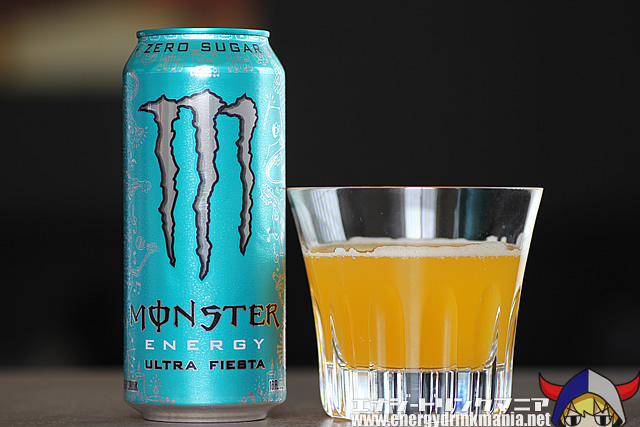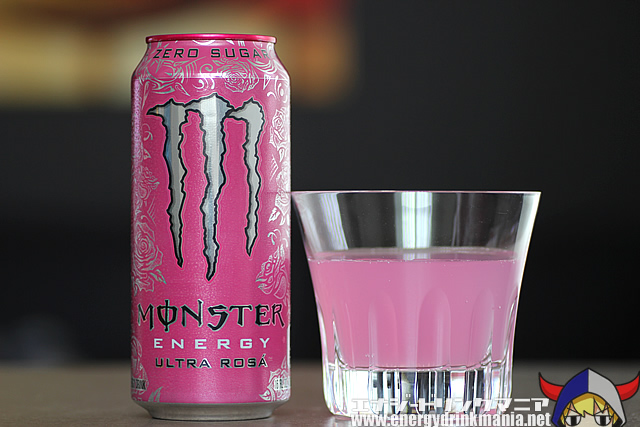Acesulfame K
Flavor of Acesulfame K
Acesulfame potassium is an artificial sweetener that is 200 times sweeter than sugar and contains 0 calories per gram.
Developed in Germany in 1967, its safety has been confirmed. In Japan, it was approved by the Ministry of Health, Labour and Welfare in 2000. It is a common artificial sweetener used not only in energy drinks but also in many beverages and foods around the world.
While artificial sweeteners are often viewed with suspicion on the internet, there is no evidence of mutagenic or carcinogenic properties in Acesulfame K, and it is considered safe.
Studies on the Safety and Risks of Acesulfame K
Numerous papers have been published globally. While many of them argue that "artificial sweeteners are dangerous," there is no global movement to ban them.
It seems that the reason for this is that there is no evidence in the experimental data or papers suggesting that Acesulfame K should be banned. However, it is also true that it is difficult to distinguish fact from fiction in the research papers circulating on the internet.
Sweeteners Used in Zero-Zero Energy Drinks
Although Acesulfame K is extremely sweet, it contains zero calories and is commonly used in zero-sugar energy drinks and zero-calorie energy drinks. It can be found in drinks such as Red Bull Sugarfree, Old Monster Energy Absolutely Zero, and Monster Energy Zero Sugar, among almost all zero-calorie energy drinks. It is not only used in drinks formulated specifically for zero sugar but is also often used alongside sugar to enhance sweetness, making it an indispensable artificial sweetener.
Interestingly, unlike sugar, Acesulfame K does not cause an increase in blood sugar or insulin levels, nor does it contribute to tooth decay.
*Can energy drinks cause tooth decay?
Unpleasant Bitter Aftertaste
Although Acesulfame K is said to be 200 times sweeter than sugar, it leaves a distinctive bitter aftertaste, making it easy to identify energy drinks that use artificial sweeteners. The bitterness increases as the concentration of Acesulfame K rises.
The reason why Zero-Zero energy drinks tend to taste unpleasant is mainly due to this unpleasant bitter aftertaste. How well this bitterness is masked is likely what determines the taste of Zero-Zero drinks.
Delicious Zero-Calorie Energy Drinks Without Sugar
Many energy drinks in other countries cleverly use artificial sweeteners and flavors to create a delicious taste that makes it hard to believe they contain no sugar. If you have the chance to travel abroad, be sure to try some of them.
All of the Ultra series offer a surprisingly delicious taste despite being zero-sugar. They allow you to enjoy great taste without consuming unnecessary sugar.
 Author: Energy Drink-kun
Author: Energy Drink-kun
In 2001, while living in the United States, I encountered energy drinks through the dance scene and was deeply impressed. After returning to Japan, I found that energy drinks were considered novelty beverages, so I established a comprehensive website in 2013 to share the true appeal of energy drinks. As an energy drink enthusiast, I began drinking them seriously again, collecting over 8,000 varieties of energy drinks from various countries. I am also active as a critic and expert, receiving media interviews.


 MONSTER ENERGY ULTRA FIESTA
MONSTER ENERGY ULTRA FIESTA MONSTER ENERGY ULTRA ROSA
MONSTER ENERGY ULTRA ROSA Since 2001, Energy Drink Maniac has been drinking energy drinks and providing the most detailed reviews of global energy drinks based on firsthand research.
Since 2001, Energy Drink Maniac has been drinking energy drinks and providing the most detailed reviews of global energy drinks based on firsthand research.